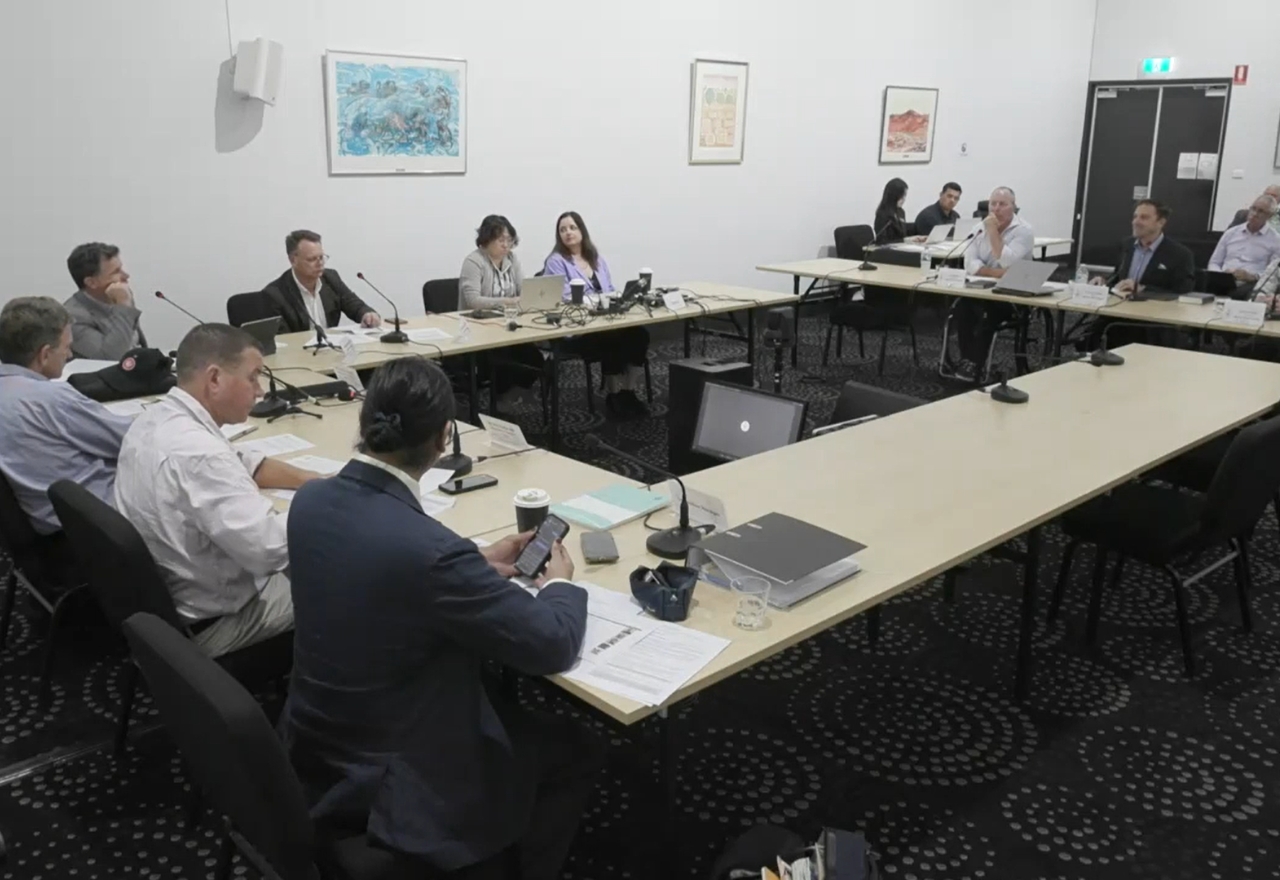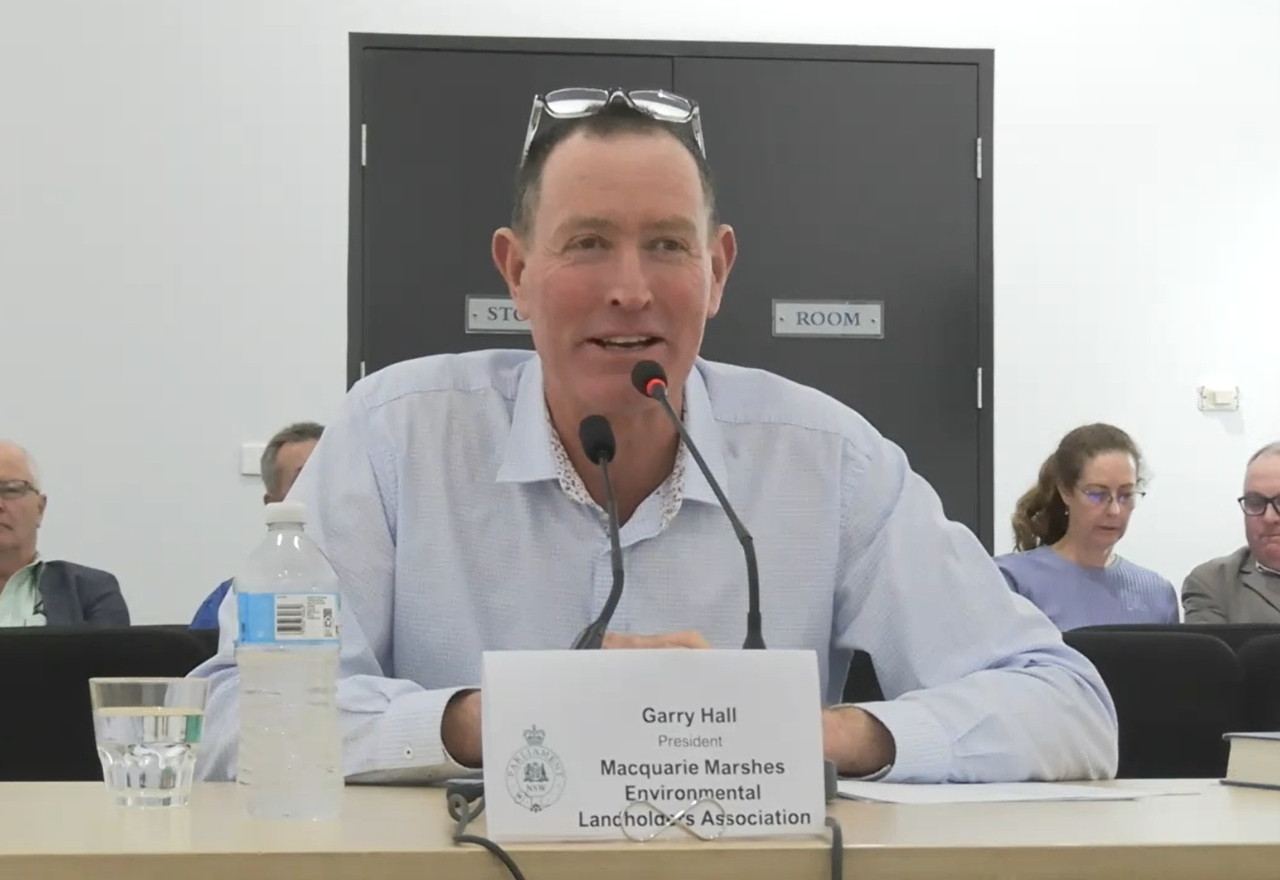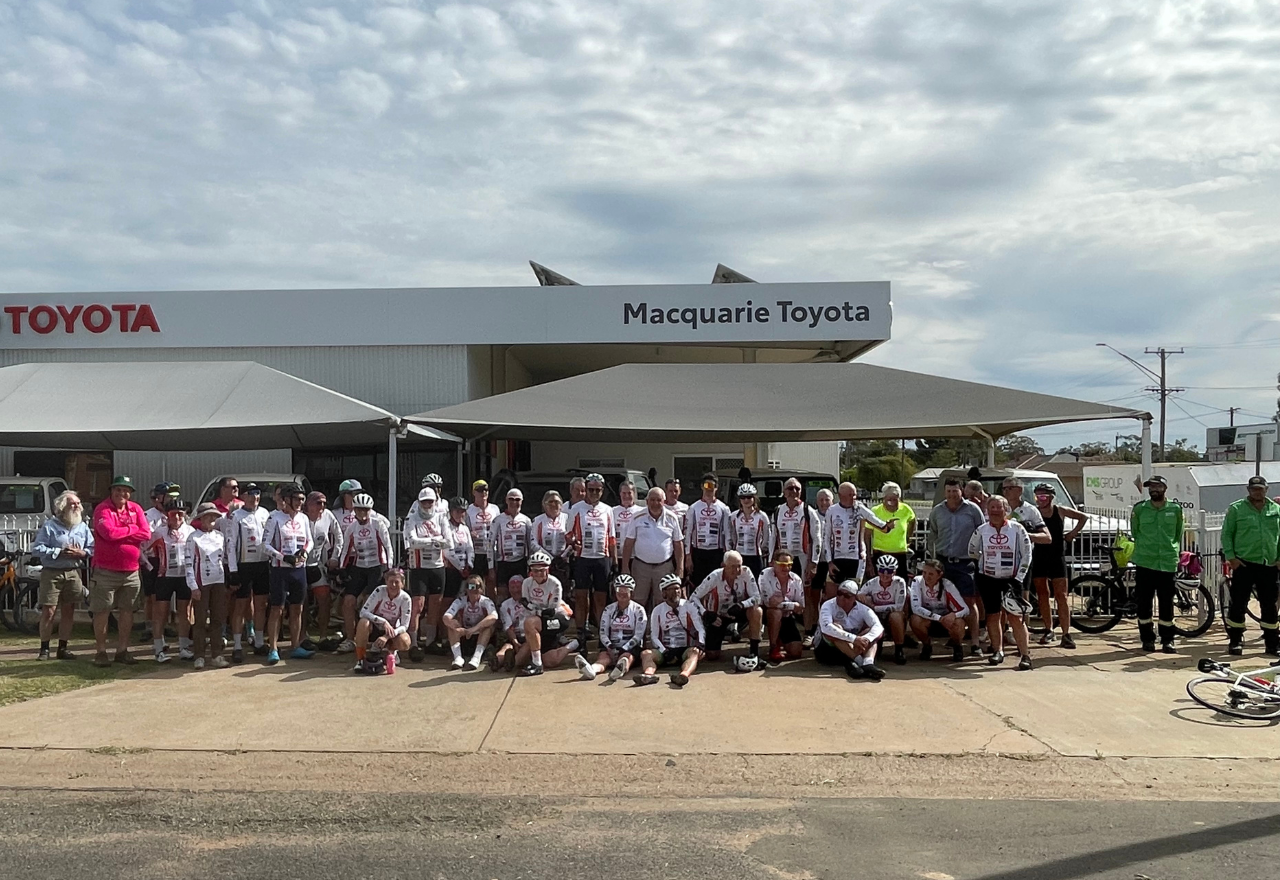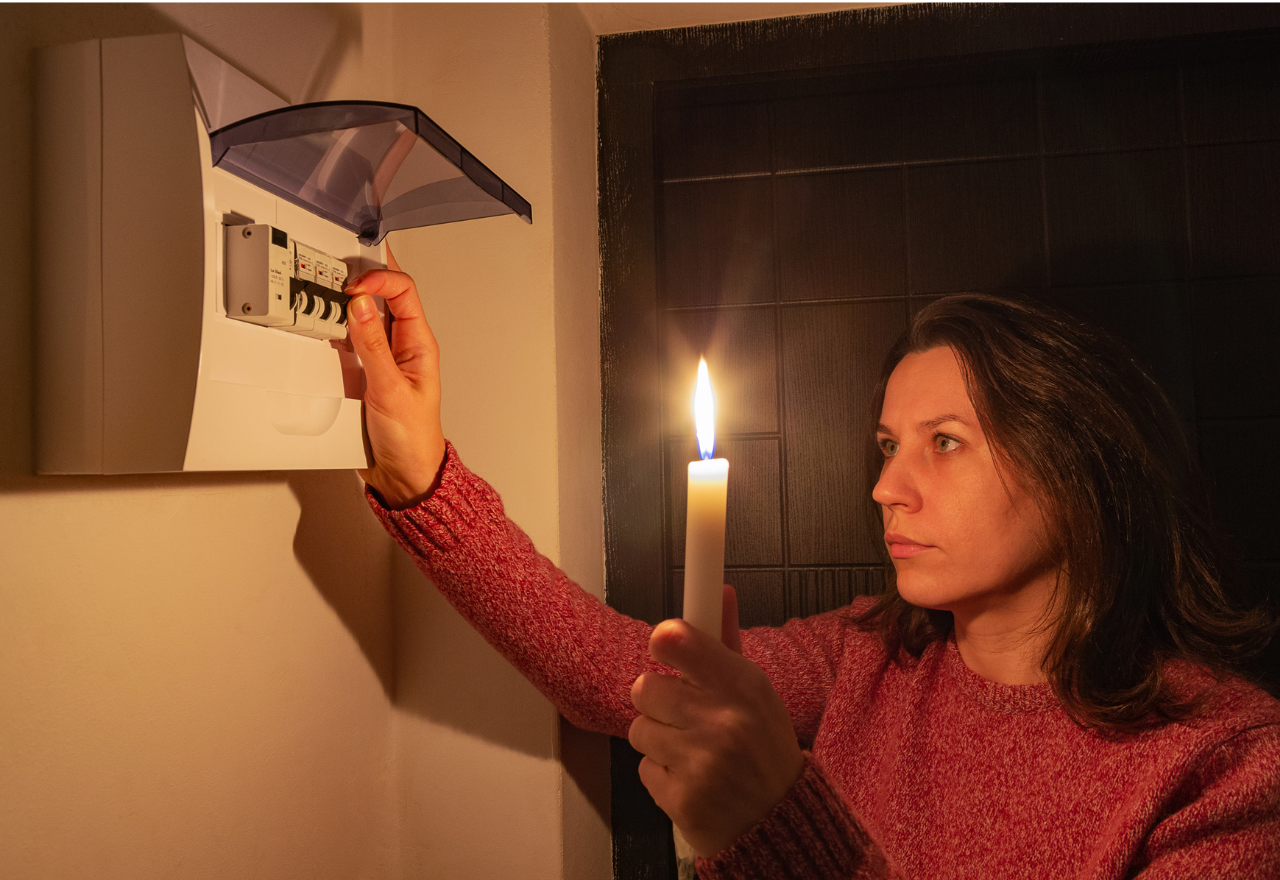Water buybacks hearing moves to Bourke
River McCrossen
09 October 2025, 6:40 AM
 Politicians heard from stakeholders in Narrabri for a hearing into water buybacks on 8 October.
Politicians heard from stakeholders in Narrabri for a hearing into water buybacks on 8 October. Irrigators and local graziers have had their say on water buybacks today (Thursday 9 October) in Narrabri as a government inquiry hearing on the policy heads to Bourke.
Buybacks are where the governments purchase water entitlements from growers to reduce the volume extracted from the river.
Macquarie Marshes graziers Garry Hall and Dugald Bucknell were among those who fronted a committee of state politicians in Narrabri, along with Namoi Water's Mick Coffey, who represents irrigators in the Namoi Valley.
"Every drop of licensed water that can't be used productively across our catchment ripples through our economies," Mr Coffey said.
"When the farmer takes a hit, so does the butcher, the baker and the candlestick maker all along the length of our main streets."
He also said he has seen confusion within the Namoi Valley, which includes part of the Walgett area, around what volumes are allocated to environmental, agricultural and other uses under water sharing plans.

Macquarie Marshes grazier Garry Hall.
The Inquiry is exploring Impacts of the Water Amendment (Restoring Our Rivers) Act 2023 on NSW regional communities.
Barwon MP Roy Butler leads the inquiry committee, which was established in February 2025 to probe social, economic and environmental impacts of the current buyback scheme.
Bourke Shire Council mayor Lachlan Ford is scheduled to speak to Inquiry members tomorrow afternoon at the Back o’ Bourke Information and Exhibition Centre alongside Brewarrina council's General Manager David Kirby.
They will also hear from the Louth Chamber of Commerce and irrigators Tony Thompson and Frank Old.
Garry Hall and Dugald Bucknell, who are both members of the Macquarie Marshes Environmental Landholders Association (MMELA) said environmental water uses should take higher priority.
Mr Hall also disputed arguments that the buyback scheme has adversely impacted farming communities within the Murray-Darling Basin.
"In the north many of those farms that the water is purchased from are still productive," he said.
"They've got plenty of water to continue growing the same acreage of crop, or they're able to grow their crops from rainfall.
"I understand it's a little different in the south, especially the western parts of the southern basin, where the irrigation is based on marginal rainfall."
The Inquiry has also been looking broadly at NSW rules around environmental water.



